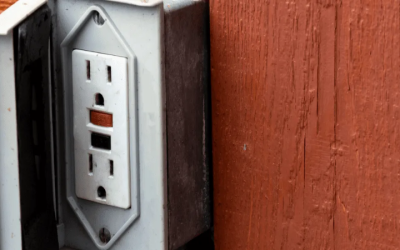If you’re considering a career in Chinese medicine, you’re likely already familiar with some of the basics. But the truth is that there is much more to learn than a simple introduction can provide. At a Chinese medicine school, you will have the opportunity to study and investigate the mysteries of this ancient art form in detail.
Here are five amazing facts that you’ll learn while attending school for Chinese medicine!
- The Theory of Yin and Yang
One of the most fundamental principles underlying traditional Chinese medicine is yin and yang, or the balance of opposites. In Chinese culture, yin and yang represent two opposite forces that work together harmoniously.
Yin is associated with femininity, darkness, and mystery, whereas yang is associated with masculinity, lightness, and clarity. This concept influences many aspects of traditional Chinese medicine, such as diagnosis and treatment methods.
- The Five Elements
According to traditional Chinese medicine theory, all things are made from five elements. These elements have their own unique characteristics which can be used to diagnose illnesses or determine treatments for different types of ailments. For example, those suffering from an excess of metal might be recommended treatments involving wood or water elements to restore balance within the body.
- Acupuncture
Acupuncture is one of the oldest medical practices known to humankind and has been used for centuries to treat various physical ailments as well as emotional distress. It involves inserting tiny needles into specific points on the body which stimulates energy flow throughout the body to promote healing and balance within the system.
By studying acupuncture at a Chinese medicine school, students will gain an understanding of how this ancient practice works along with its many potential benefits when used correctly by trained professionals.
- Herbal Medicine
Herbal medicines are plant-based remedies that have been used for centuries by cultures around the world to treat various physical conditions as well as mental health issues such as stress or depression.
Herbal medicines are typically taken orally either in teas or tinctures but can also be applied topically through ointments or oils depending on their intended purpose within traditional Chinese medicine theory.
At a school for Chinese medicine, students will gain an understanding of how herbal medicines interact with other treatments like acupuncture and moxibustion (see #5).
- Moxibustion
Moxibustion is another ancient healing practice used extensively within traditional Chinese medicine which involves burning moxa (a type of herb) over specific points on the body to improve circulation and restore balance within the system.
While studying at a school for Chinese medicine, students will learn about how this practice works along with its potential benefits when used correctly by trained professionals who understand its proper application according to traditional philosophies behind it.



